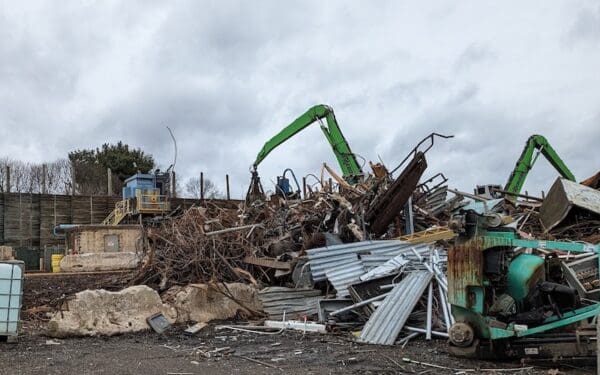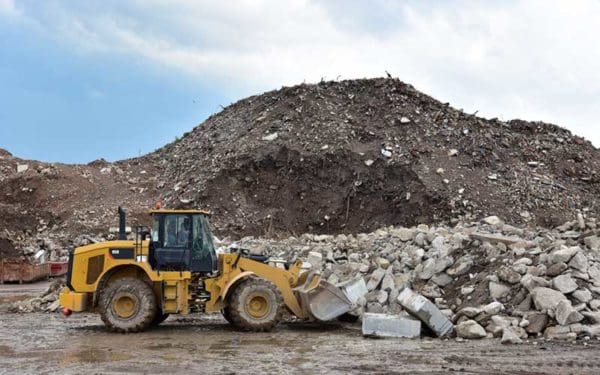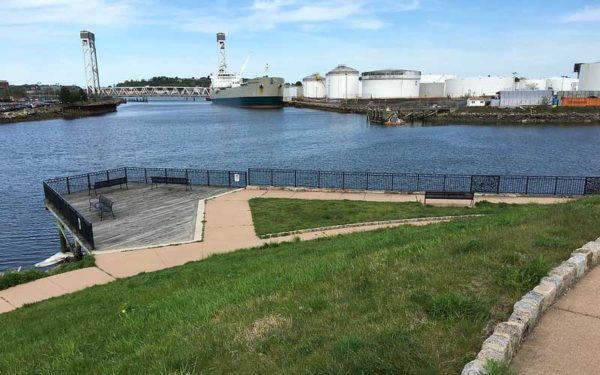MassDEP Delays Rule to Curb Dirty Emissions from Trucks
The Massachusetts Department of Environmental Protection delayed implementing a rule that will curb dirty tailpipe emissions from polluting trucks.

The Massachusetts Department of Environmental Protection delayed implementing a rule that will curb dirty tailpipe emissions from polluting trucks.

We call on the Climate Council to outline actionable steps for slashing carbon pollution and to grapple with the toughest sources of emissions.

Massachusetts lawmakers announced they reached a compromise on a climate bill after being unable to come to an agreement before the end of the formal legislative session earlier this year.

Earlier this year, CLF and our members submitted hundreds of comments to the EPA asking them to take swift action to remove lead from our water for good.

Conservation Law Foundation has notified Sims Metal of its intent to sue for Clean Water Act violations at eight scrap metal facilities in Rhode Island, Connecticut, New York and Maryland. The company’s stormwater runoff regularly polluted nearby rivers and other waterways with toxic metals like lead, copper, and zinc.

Conservation Law Foundation argued Wednesday on behalf of Springfield’s City Council and community before the Massachusetts Court of Appeals to block Palmer Renewable Energy’s desperate attempt to revive its biomass plant using permits that expired over a decade ago.

Maine Department of Environmental Protection Commissioner Melanie Loyzim issued a decision claiming the proposed expansion of the Juniper Ridge Landfill would benefit the public. This opens the door for Casella to officially apply for a license to expand.

Conservation Law Foundation filed a lawsuit against Vermont’s Secretary of the Agency of Natural Resources for not fulfilling her legal obligations under the Global Warming Solutions Act, which is critical for keeping the State on track to reduce harmful emissions contributing to climate change.

The Massachusetts Department of Public Health confirmed on Thursday a cyanobacteria bloom in the Charles River downstream of the Longfellow Bridge – the river’s first major bloom in four years.

In a disappointing turn for East Boston, the Massachusetts Supreme Judicial Court upheld the Energy Facilities Siting Board’s approval of Eversource’s proposed substation.
